22+ Basic Service Contract Samples
-
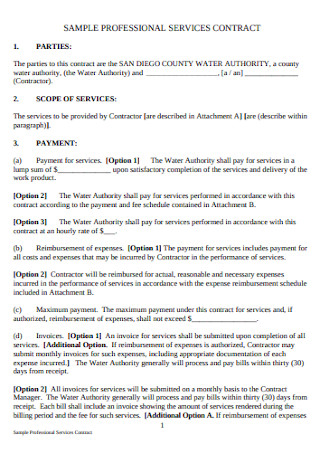
samples Sample Professional Service Contract
download now -
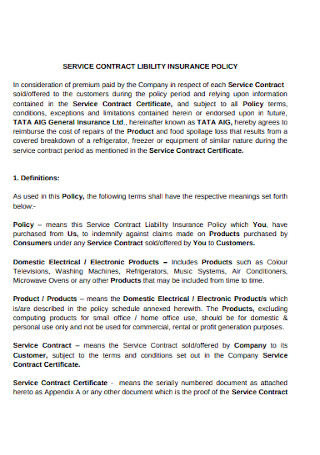
Contract Insurance Service Policy
download now -
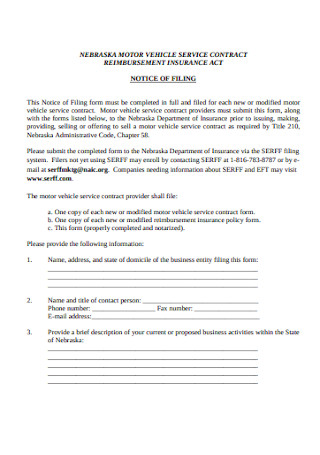
Motor Vehicle Service Contract
download now -
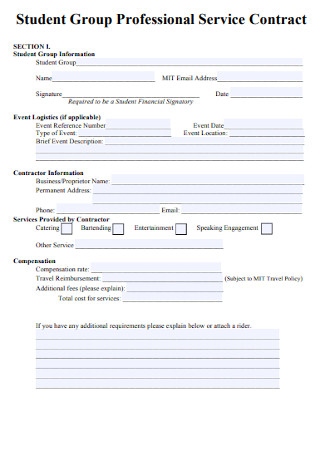
Student Group Service Contract
download now -
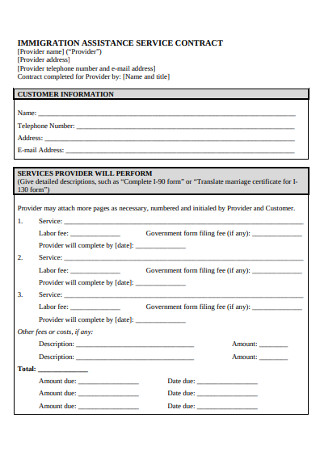
Immigration Assistance Service Contract
download now -
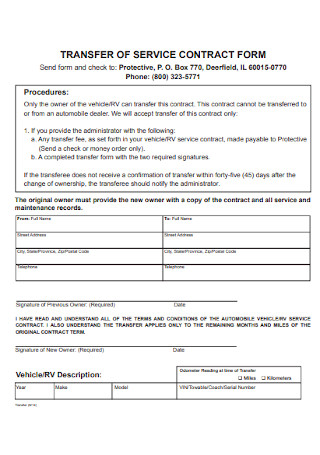
Transfer of Service Contract Form
download now -
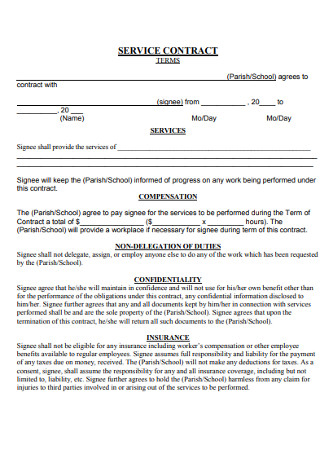
Basic Service Contract
download now -
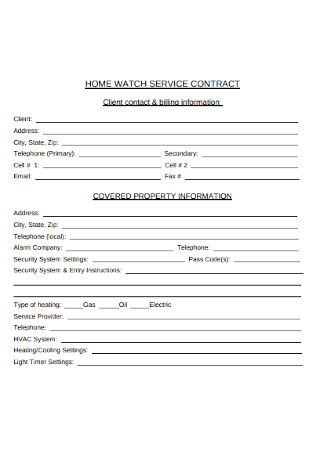
Home Service Contract
download now -
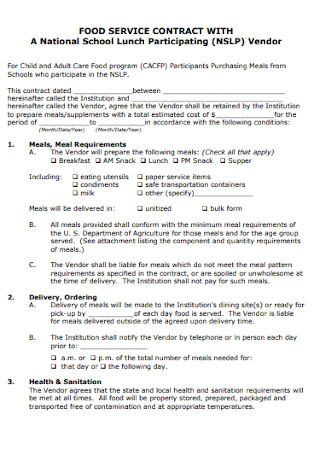
Food Service Contract
download now -
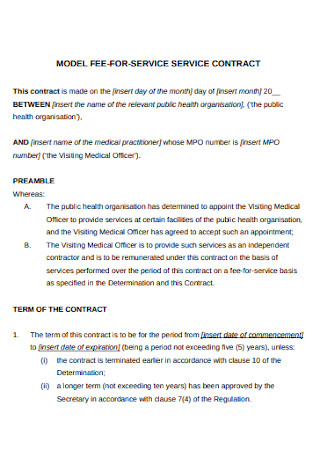
Sample Model Fee-Service Contract
download now -
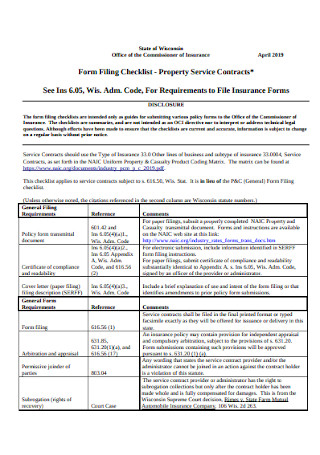
Basic Property Service Contract Checklist
download now -

Student Group Service Contract
download now -
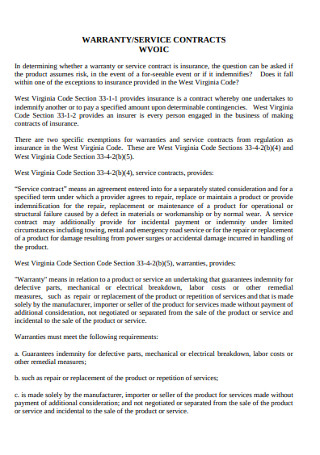
Warranty Service Contract
download now -
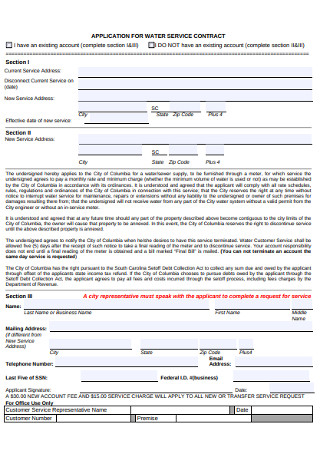
Application for Water Service Contractor
download now -
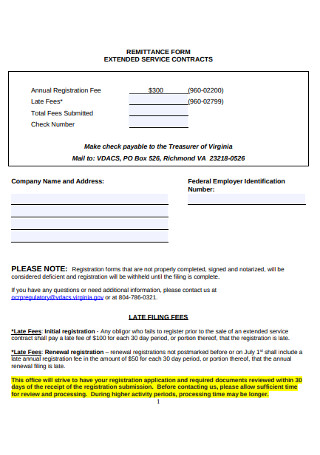
Extended Service Contract Form
download now -
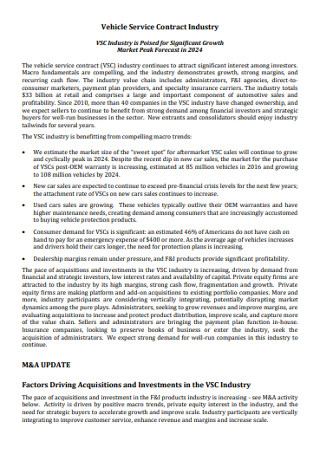
Industry Service Contract
download now -
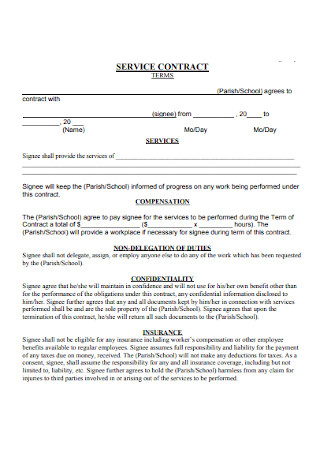
School Service Contract
download now -
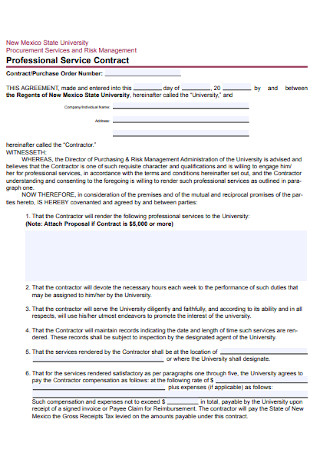
Sample University Service Contract
download now -
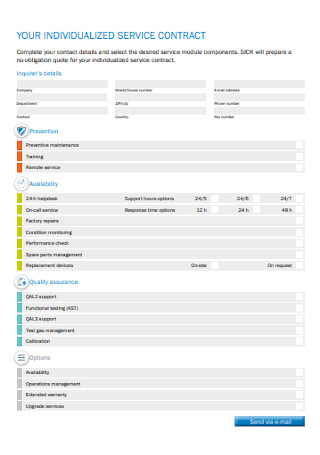
Individualized Service Contract
download now -
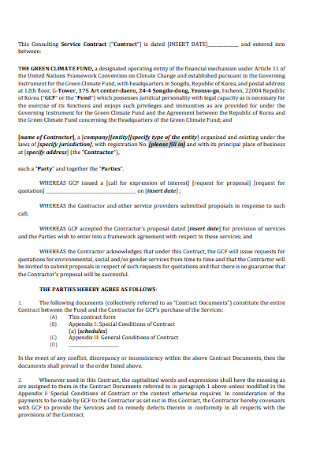
Consulting Service Contract
download now -
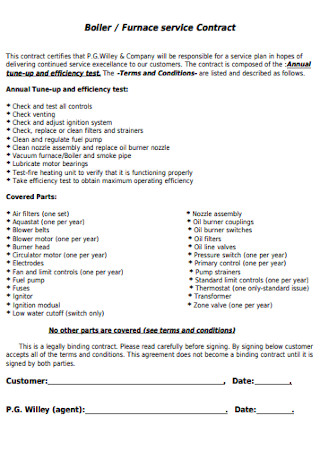
Furnace Service Contract
download now -
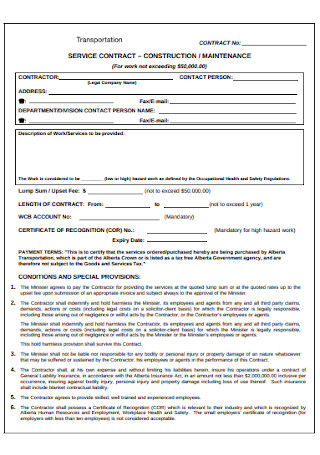
Construction Service Contract
download now -
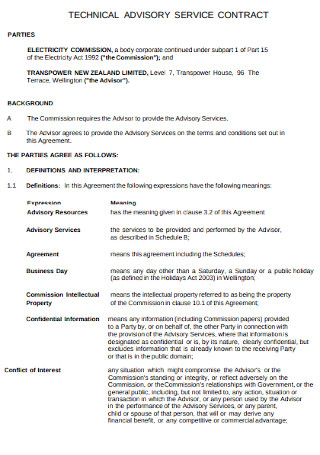
Technical Advisory Service Contract
download now -
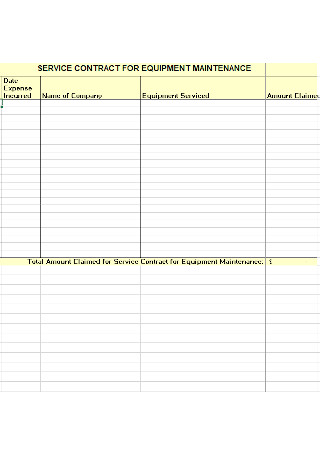
Service Contract for Equipment Maintenance Template
download now -
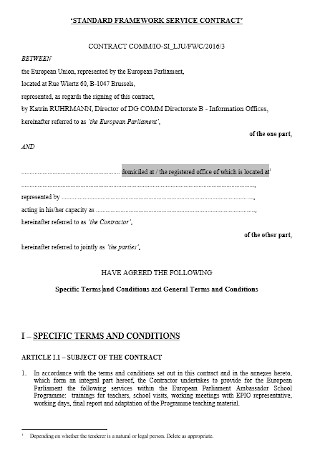
Standard Framework Service Contract Template
download now -
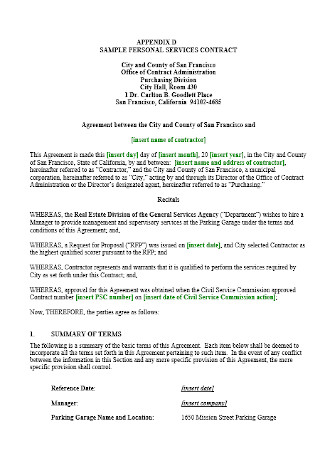
Sample Personal Service Contract Template
download now
What is a Basic Service Contract
A contract, regardless of its specific purpose, outlines the responsibilities of the parties involved in the agreement. It outlines a clear image of what is expected from each party. Non-compliance to the agreed stipulations in the contract can result in legal actions because contracts are legally enforceable. Contracts are used in different situations to protect the parties involved and uphold the interests of both sides. A basic service contract is essential in a customer-client relationship. It shows the relationship between two parties where one agrees to provide service to another. It contains details about what is expected from each party. The nature of the work is also defined, which includes the work schedule and the negotiated fees. This service contract is also utilized in employment agreements where the work conditions and expected responsibilities are explicitly stated. Basic service contracts are a particular kind of business contract that focuses on upholding high-quality client experience. And to forge a long-lasting professional relationship with the clients that can open up to more business opportunities in the future.
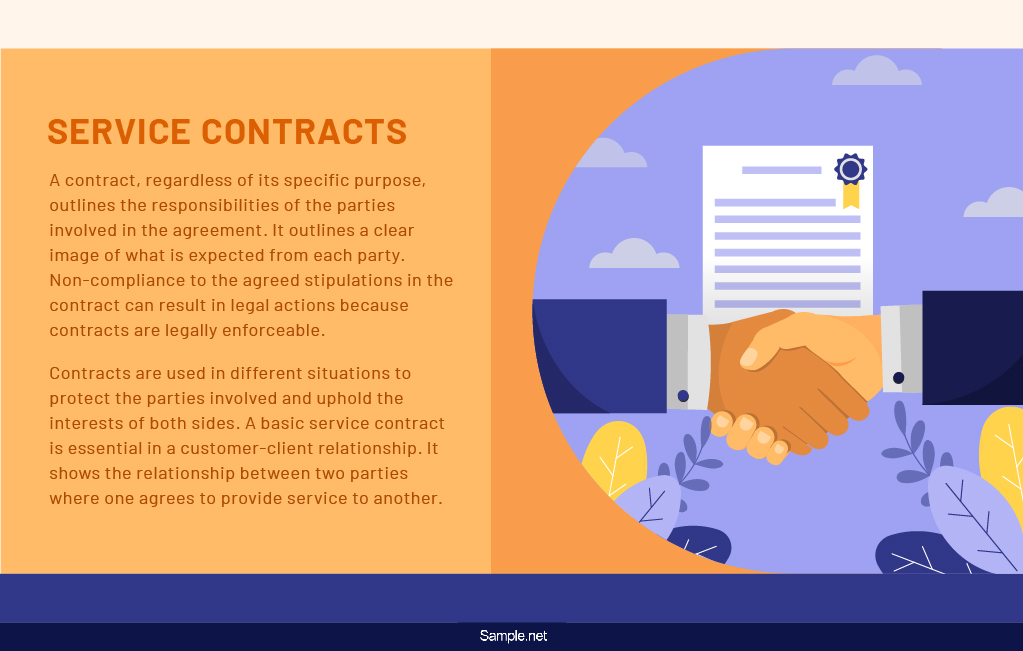
Types of Basic Service Contracts
Since service is something that is intangible, the tertiary industry has several sectors to accommodate to all the kinds of services available. The business documents that are necessary in daily professional dealings also have specific frameworks to address the needs demanded by the nature of the service. Here are some of the standard types of basic service contracts.
How to Write a Basic Service Contract
A written contract provides several benefits such as it is a legal proof of the agreement. Having a tangible legal proof avoids expensive litigations if in case there are misunderstandings regarding the service agreement. But, a written contract is not enough, it needs to follow a certain format and key elements should be present. Here is a simple process that you can follow when you need to write a basic service contract.
Step 1: Define the Roles of Involved Parties
The main goal of a contract is to clarify all the terms in an agreement. The first best thing to do is to indicate the primary roles of the parties involved. The name of the customer or client is specified and is then referred to as the “Customer” all throughout the contract. On the flip side, the service provider’s name is also indicated and labeled as the “Provider”. For the succeeding provisions, parties will only be labeled as the “Customer” and “Provider”. Make sure that the names in the contract are the legal names of the entities, especially for the provider. It should be the name that appears in the legal business documents and licenses of the organization. This also goes the same if the client is also an established organization.
Step 2: Specify the Responsibilities of the Provider
After identifying the roles of each party, the next step is to define the responsibilities of the service provider. As the provider, you need to make sure that the definition of the scope of your services is accurate and specific. Streamlining your services makes sure that you do not do activities that are beyond the limits of your services that do not warrant compensation. At this point in the contract, you can also list down extra services that have additional fees. This is a result of thinking ahead, especially among artists who may possibly make several revisions to their work. You can choose to have a cap on the number of changes before placing additional fees on top of the agreed payment terms.
Step 3: Determine the Payment Terms
Next to the services, it is time to set a price on what is needed and offered. The payment terms include the cost of the services and the schedule of the payment. It serves as the compensation for individual contractors who are part of the deal. The payment terms also show the calculation for the fee. Say, for example, you contract the services of a gardener with a general service contract. The contract states the schedule of their work with you so that you can determine the number of days. Next, know the flat rate of the gardener’s services. Using these factors show the calculation to determine the total fee.
Moreover, indicate the schedule on when the gardener can collect the payment. Some have daily, weekly, or biweekly compensation arrangements. Apart from the previous example, there are standard payment arrangements among individual contractors, primarily visual or graphic artists, which involves having a downpayment and the remaining due when the output is done.
Step 4: Indicate Term Agreement
Service contracts are legally enforceable within a particular timeframe. The contract contains the details on when it begins and ends. For more extended time frames, the provider often sends a notice to the client that the agreement is nearing its end. Aside from the reminder, it also inquires about extending the program or not. Apart from the end of the contract, it is crucial to include other scenarios that can lead to early termination of the contract. One legal reason for early termination is when it is impossible to continue providing the service. This applies when the worker suddenly dies or is incarcerated and that worker is the only specialist in your place. The impossibility of providing the service also includes when the materials needed are no longer manufactured.
The other reasons include breach, wherein either of the parties fails to comply with their responsibility. Mutual mistake is when either party misunderstood facts regarding the contract that resulted in a significant effect on the completion of the task. And the last legal reason are cases of fraud, which are intentional deception in order to have monetary gain. Although these reasons are acknowledged by courts to be legal bases of termination, it is still best to list these reasons down in the contract to set it straight with the other party and for it to be enforceable in any state, regardless of their particular laws.
Step 5: Review and Revisions
Any contract is bound by mutual understanding. It may be the most obvious case in the book, but there are still cases when one party is not aware of all the stipulations in the contract and its corresponding stipulations. So, it is crucial that both parties should review the contents of the contract, preferably, done over a meeting where representatives are present for face-to-face discussions. There may be revisions during the review of the contract that resulted from stipulations that are not agreeable for both parties. The contract should protect and uphold the interests of both, and it should not favor one over the other. In this case, the interest of the provider is the compensation, and the interest of the client is the quality service that the provider’s promise. After reviewing the contents, make sure that all the details are factual and that there are no typographical errors. After making sure that everything in the contract is in place, both parties can affix their signatures. The signatures bind both parties to the agreements in the contract.
Dos and Don’ts of Writing a Basic Service Contract
In writing a basic service contract, there are certain factors to follow and to take note of. Following these stated guidelines will make sure that the final output will serve its purpose. It also makes sure that there are no or fewer mistakes or forgotten elements.
Dos
1. Do make it understandable and straightforward
A service contract makes sense of the agreement between the customer and the service provider. It is best to state the terms of the deal in the most straightforward and clearest ways possible. The part of the document that needs to be clear and void of confusion are the provisions regarding the scope of the service. The scope should be defined to set the expectations of both parties properly. It limits the demands of the client to what the provider can deliver with the utmost quality. On the other hand, the provider will not be pushed beyond their limits to work on something that may not be properly compensated.
2. Do ask for legal counsel
Even if the elements of a basic service agreement are relatively simple and easy to understand, it is vital to ask for legal advice from a professional. A lawyer can provide expert advice, especially regarding setting the arrangements for the payment terms so that neither of the parties can take advantage of the other. Legal expertise is also warranted, especially when adjustments are made or when either party has done an infraction that leads to early termination.
3. Do work within your scope
To present the best quality of your service and to avoid working beyond the limits of your tasks, make sure to avoid overselling your qualifications to the customer. If you are a graphic designer, limit the list of your criteria to the things that you are proficient at. Overselling your skills to impress clients may land you tasks that involve video editing and other tasks that require skills that you are not competent in.
Don’ts
1. Do not forget to define technical terms
Technical terms are almost impossible to avoid in business contracts and agreements. When the technical term is a crucial factor in the contract, make sure to define it simply and accurately. Technical terms and business jargons are unique to a particular industry and may have another meaning for another. A client may have a different understanding of a jargon that is commonly used in the service industry. As you write up the contract, make sure to do away from these terms or explain the terms completely.
2. Do not just skim through the document, read each provision carefully
Some people make the mistake of not reading the entire contract. They directly read the provisions regarding the services and the payment terms which are, granted, the most crucial parts of the agreement. But, it is a measure of safety to read all the provisions, starting from the introduction of parties and assignment of roles to make sure that you are closing the deal with your preferred provider. Moreover, there may be statements at the near end of the contract that have a significant impact on the professional relationship such as clauses regarding early termination and corresponding fines. The party who drafted the contract may have included special requests at the end of the contract that you may not deliver because of not reading the document carefully.
3. Do not underestimate simple grammatical errors
A contract once signed, is legally binding according to the laws that govern over it. Simple errors in grammar can significantly change the meaning of the sentence. During the review of the contract, make sure that all the punctuations and prepositions are properly used. It would be a shame that the adverse effects of the contract are because of grammatical errors that could have been checked before finalizing the contract.
